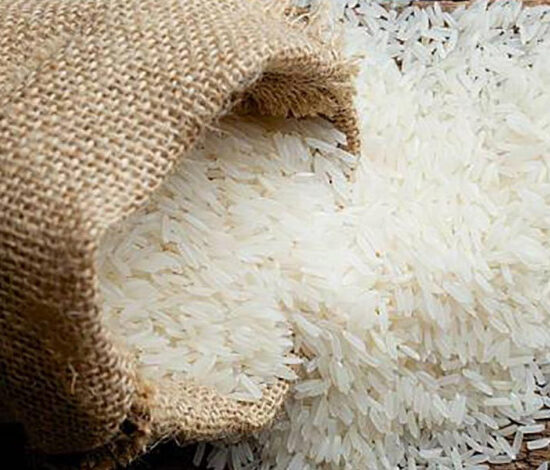
Nitrogen Chemicals of Zambia (NCZ) has disclosed that the fertilizer blending plant that the company has secured funding for, is capable of blending sufficient quantities of fertilizer that will meet and satisfy the market demand, thereby cutting the need for unnecessary imports.
NCZ Marketing and Sales Manager Cleopatra Chanda said the company carried out necessary research to determine what is required to start blending enough fertilizer for the Zambian market and which capacity would meet the market demand, adding that the blending plant which will be procured with the secured funding is capable of producing the sufficient amount for the Agro market.
The Industrial Development Corporation (IDC) has injected K684 million (about Us$31 million) in its subsidiary Nitrogen Chemicals of Zambia – NCZ to enable the company boost its production capacity.
IDC Group CEO Mateyo Kaluba said of the total amount, K638 million was for working capital support for the production of fertilizer to enable the company consistently supply the commodity to the market, while K45.6 million would enable the procurement of a fertilizer blending plant.
Chanda further disclosed to the Zambian Business Times – ZBT that the company would continue manufacturing D-compound fertiliser and Ammonium nitrate, which is a direct fertiliser but will also be blending fertiliser for the other market that needs specific blends.
She said how much fertiliser is to be blended would be determined by the current market based on surveys conducted every year, which determine how much is required.
Speaking in an interview with the Zambian Business Times – ZBT, Chanda said the current NCZ plant in Kafue produces compound fertilizers but after doing market research, it has been ascertained that some of the commercial farmers use blended fertilizers, therefore the need to cater for all the farmers brackets.
She dispelled claims that Zambia and NCZ is not capable of manufacturing fertilizer locally but only blending as claimed by some private fertilizer traders. Chanda stated that NCZ has all along been locally manufacturing fertiliser especially for the Farmer Input Support Programme (FISP).
She mentioned that some raw materials used in the manufacturing of D-compound fertilizer includes Ammonium phosphate, coal and gypsum among other materials. All these materials are locally available, so people should not mislead the nation that Zambia has no raw materials.
She explained that the manufacturing of fertilizer by NCZ was only hampered by lack of sufficient working capital to produce enough fertiliser, adding that with the current investment from IDC, NCZ will now be able to produce sufficient fertilizer for both cash sales as well as for fully supplying the Farmer Input Support Program – FISP.
The blending plant or equipment is for meeting specific needs, “It’s more like you are taking a solution to a farmer; you do a soil sample testing to determine the nutrient requirements for a particular crop”.
“For example you want to grow pineapples, when you do the soil test, then you discover that you need a fertiliser blend that will be 6% of nitrogen, 2% of phosphorous, 6% of magnesium, for you to do a blend like that, you need a modern blending plant because the current plant cannot mix those specific requirements”, she said.
She noted that the Indaba Agricultural Policy Research Institute (IAPRI) conducts research every year concerning the required fertiliser for the entire country adding that figures change every year, which NCZ will now be able to meet.
She noted that the development [investment] has come at the right time because when production increases, employment is created, adding that increasing production also means a market will be required which translates into opening sales outlets in provincial centres and districts.
Zambia will also be able to export more crops as the national consumption requirements are met. The plant will also cut the need to spend huge amounts of forex annually in importing fertilizers since the bulk of the raw materials will be sourced locally.
The Bank of Zambia – BOZ had in the first quarter of 2020 attributed the depreciation of the Kwacha to the pressure of imports for Petroleum and fertilizers among other key forex drainers. It remains to be seen how this investment will unfold.







